Short News
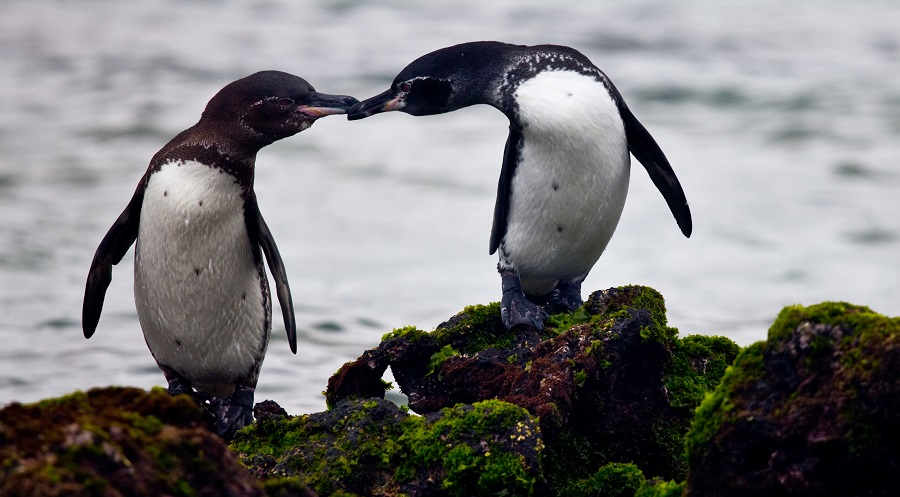
Ban on plastic in the Galapagos
The government of Ecuador has banned plastic bags in the Galapagos Islands, in order to protect their unique and vulnerable wildlife.
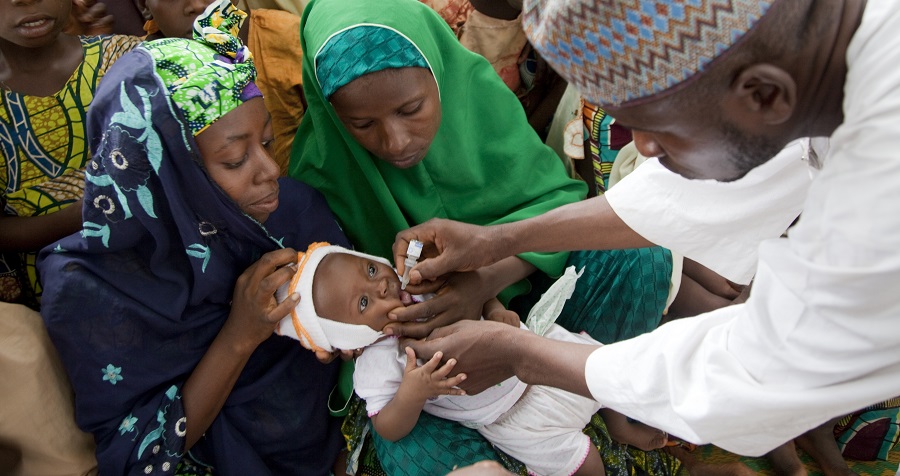
Free medicine for tropical diseases
Last year, 800 million people received free medicine against tropical diseases such as Guinea worm, Elephantiasis, and river blindness.
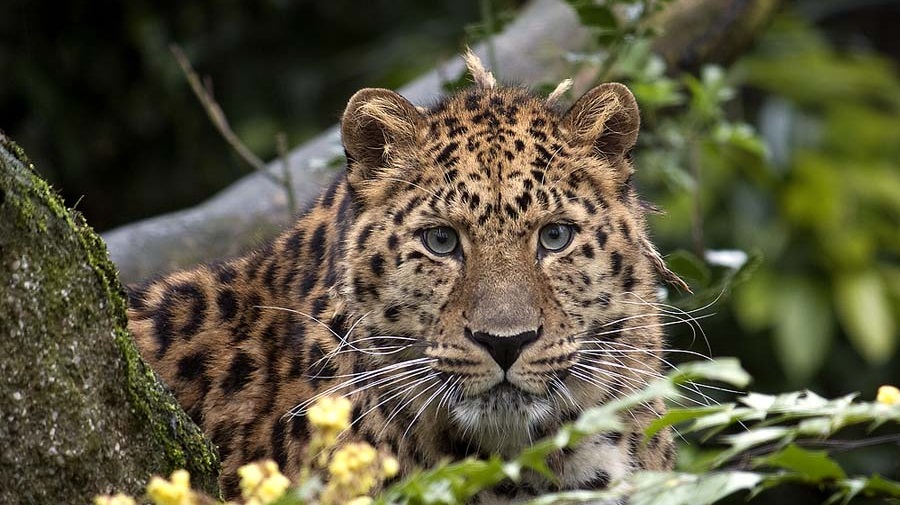
Rare leopard on the rebound
The Amur leopard, known as the world's most endangered feline, has doubled in numbers since 2007. There are now around 57 of these big cats in Russia and China.
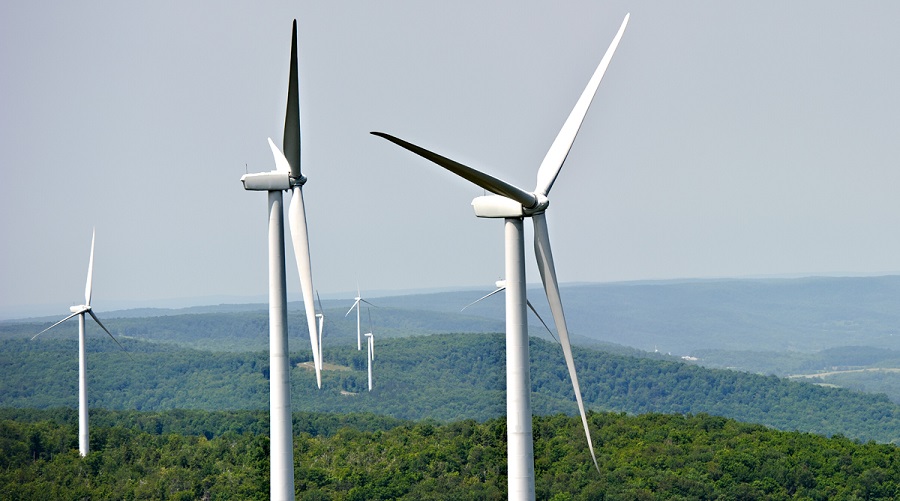
More investment in renewable energy
In spite of the current low oil price, global investments in renewable energy increased by 17 percent in 2014.
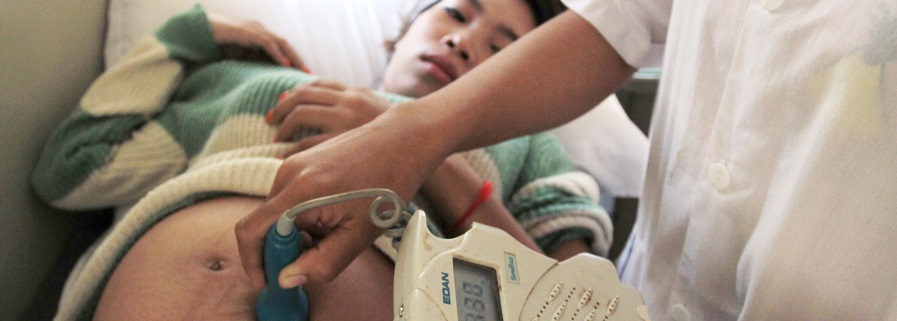
Safer births in Cambodia
Since 2005, the share of births in health clinics has increased from 20 to 57 percent in Cambodia, saving lives of mothers and children.
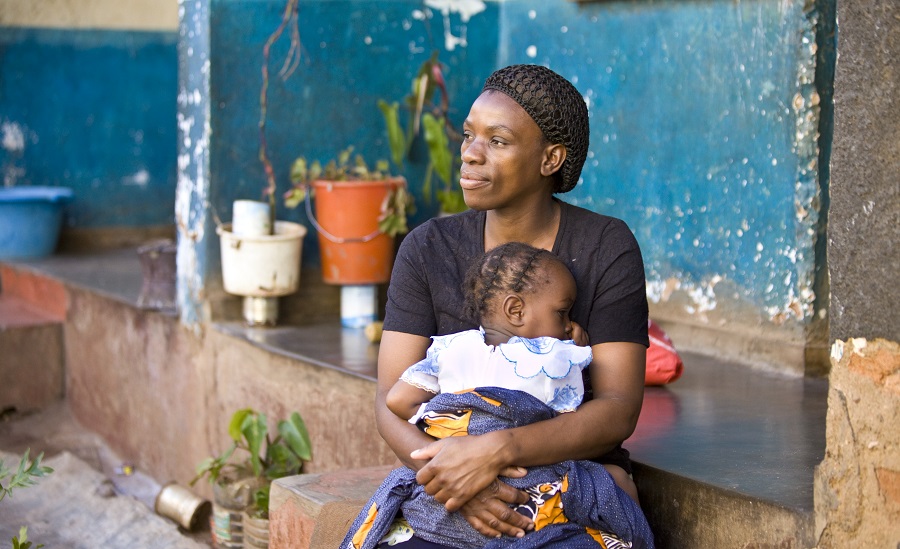
Half as many kids born with HIV
Since 2002, the number of children born with HIV has been more than halved, thanks to treatment and accessibility of medicine.
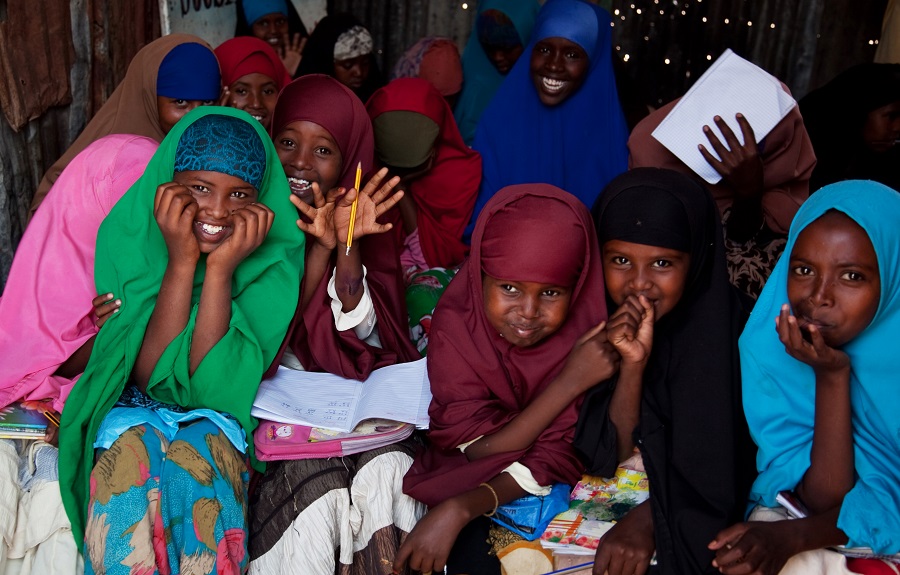
Girls in school in Africa
In 1999, 47 percent of Sub-Saharan African girls started school. Today, it's 92 for every 100 girls.
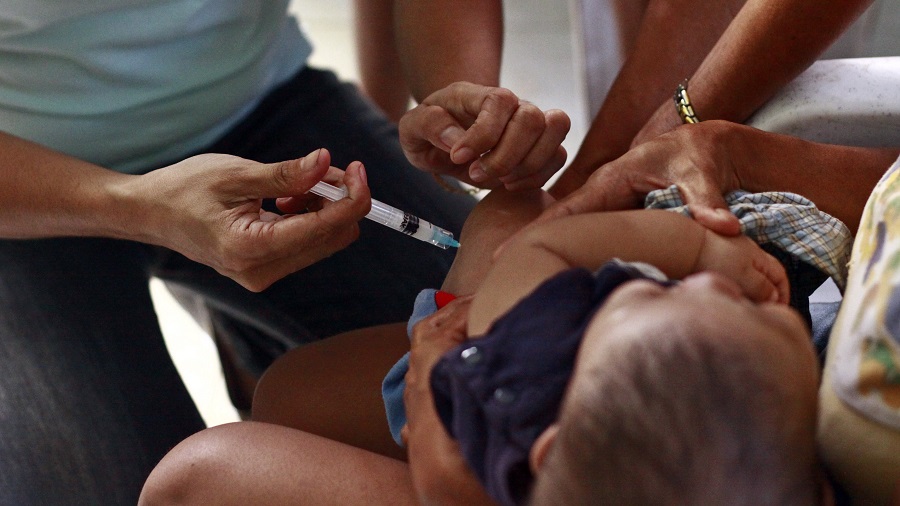
Fewer jabs with re-used syringes
Since 1999, the number of injections using re-used syringes to treat children has dropped by 86 percent in developing countries.
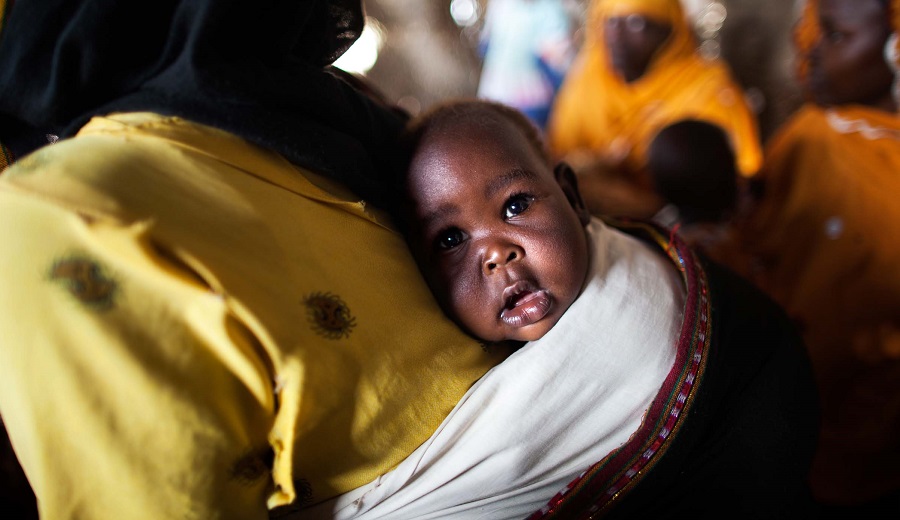
Better childbirth in Rwanda
Since 2005, the share of women in Rwanda who give birth in health clinics has increased from 31 percent to 72 percent.
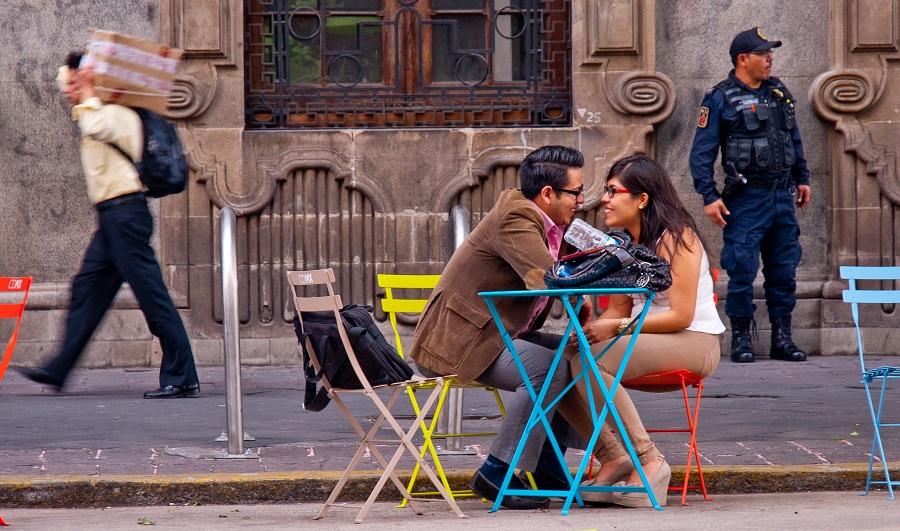
Fewer killings in Mexico
The number of homicides due to organised crime in Mexico dropped by 29 percent from 2011 to 2012.
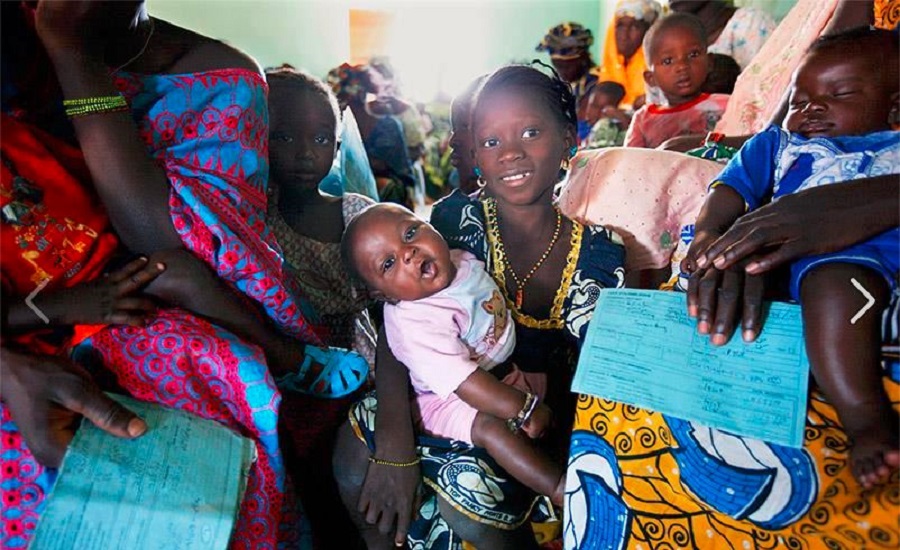
Fewer children born with HIV
900,000 children have been saved from being born with HIV since 2009, thanks to treatment of pregnant women.
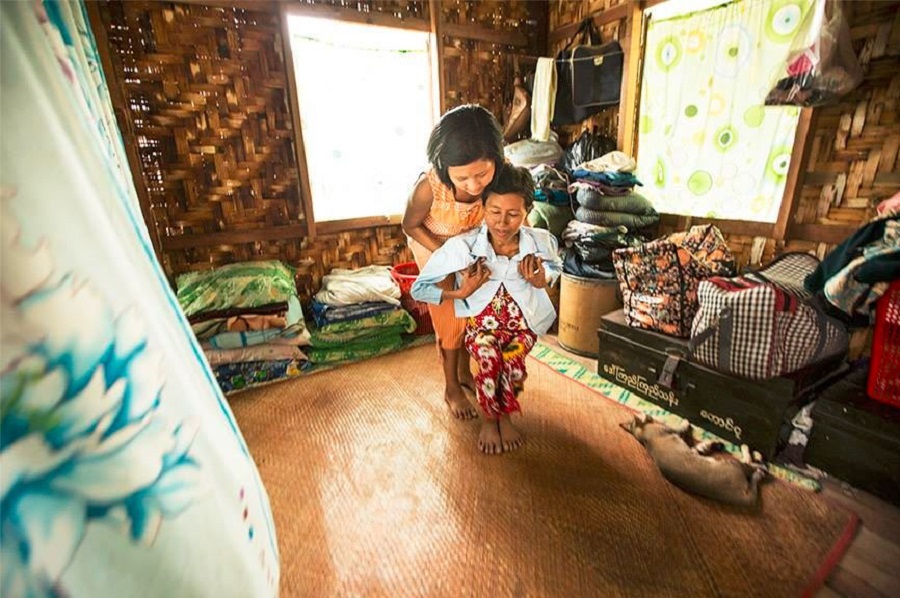
Tuberculosis kills fewer people
Since 2004, tuberculosis as the cause of death has declined 36 percent among people with HIV.